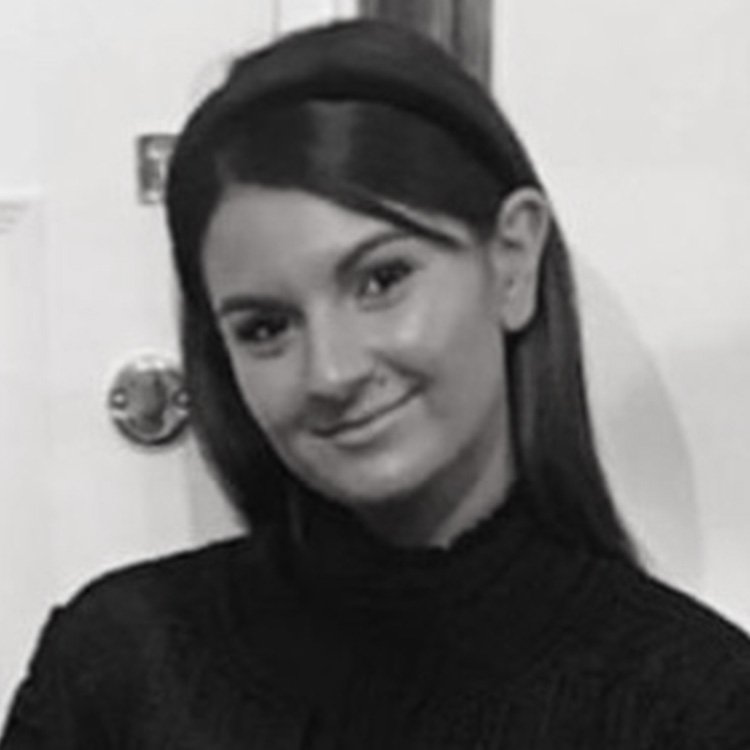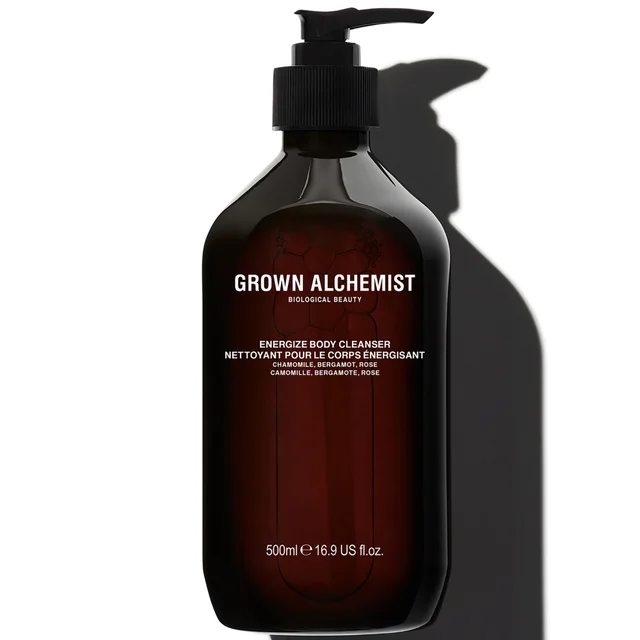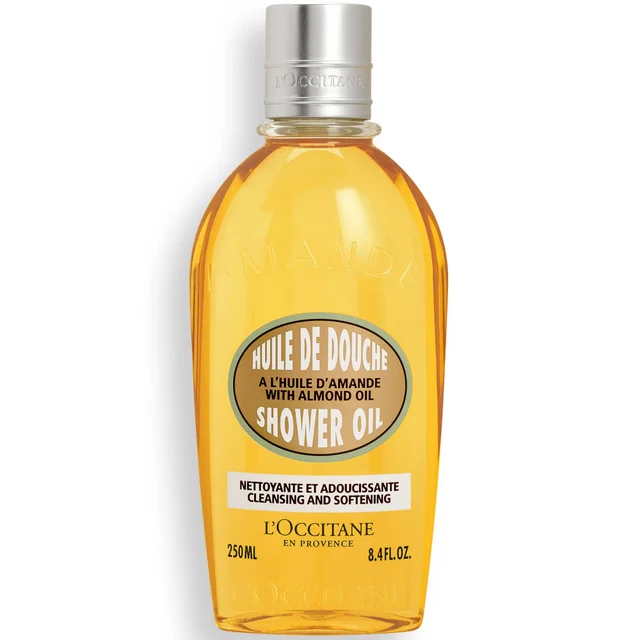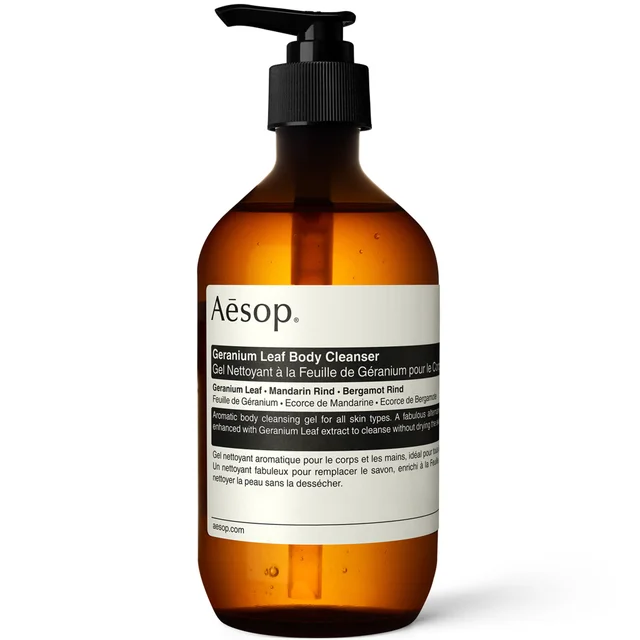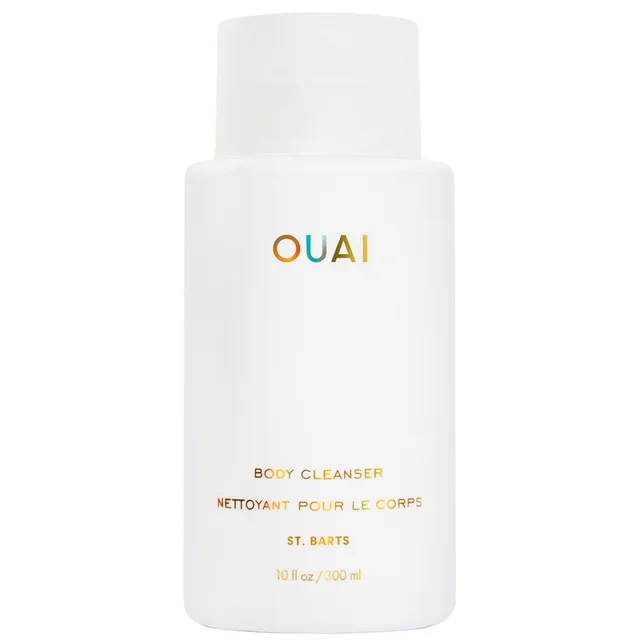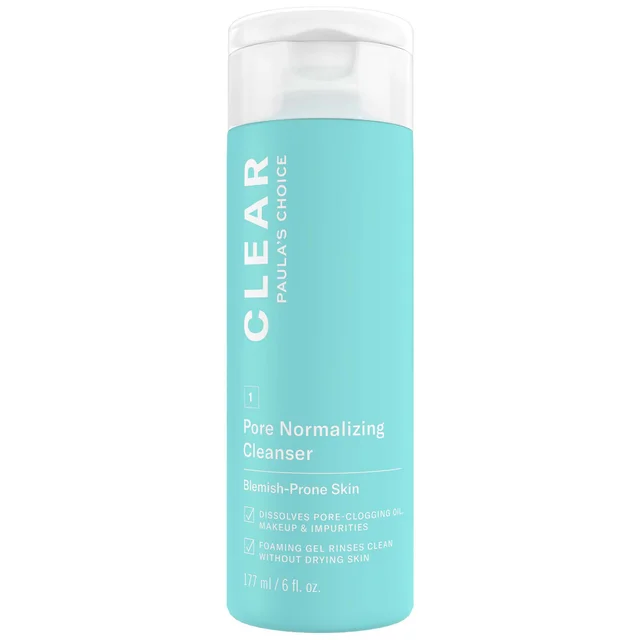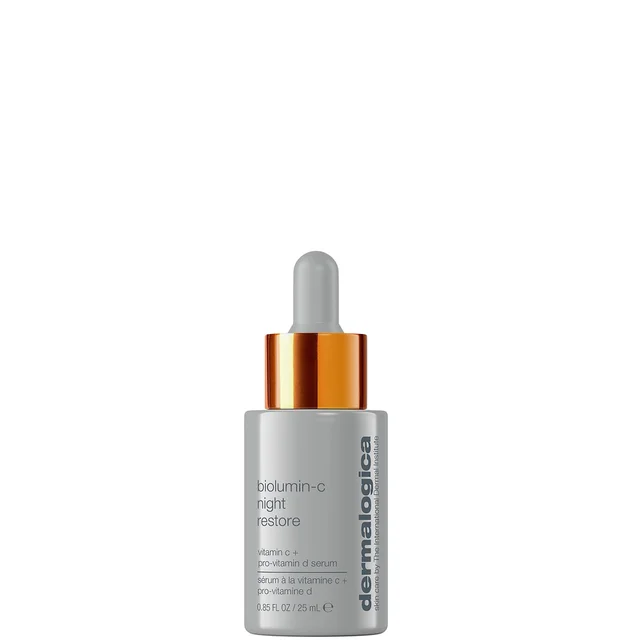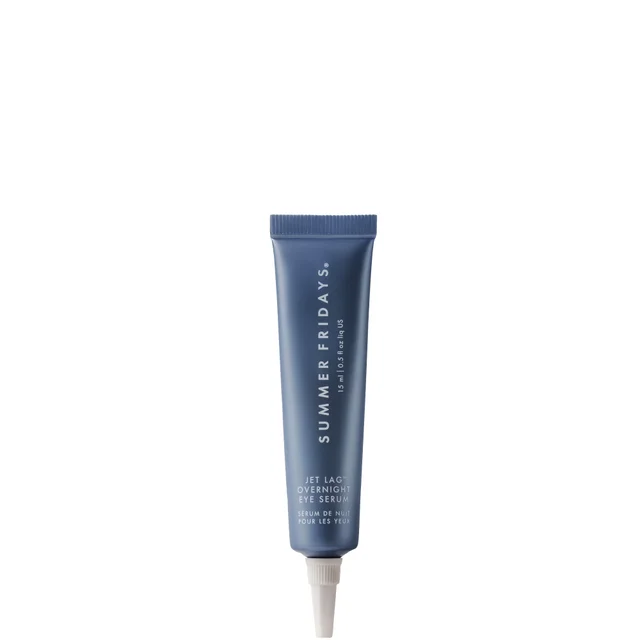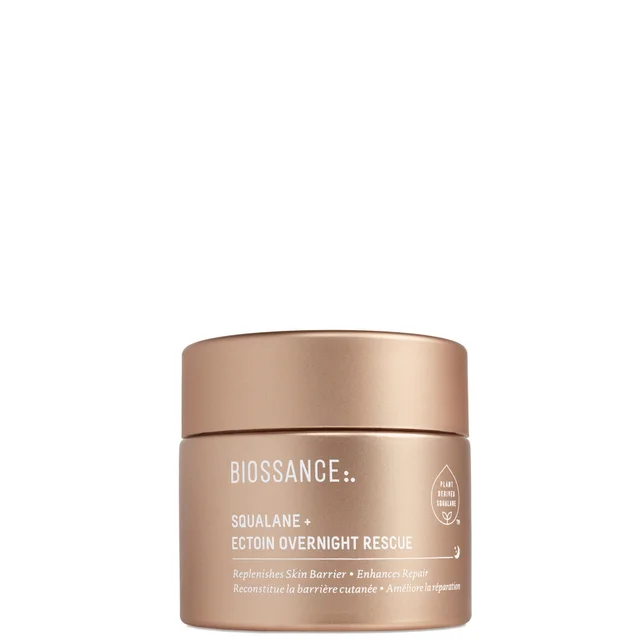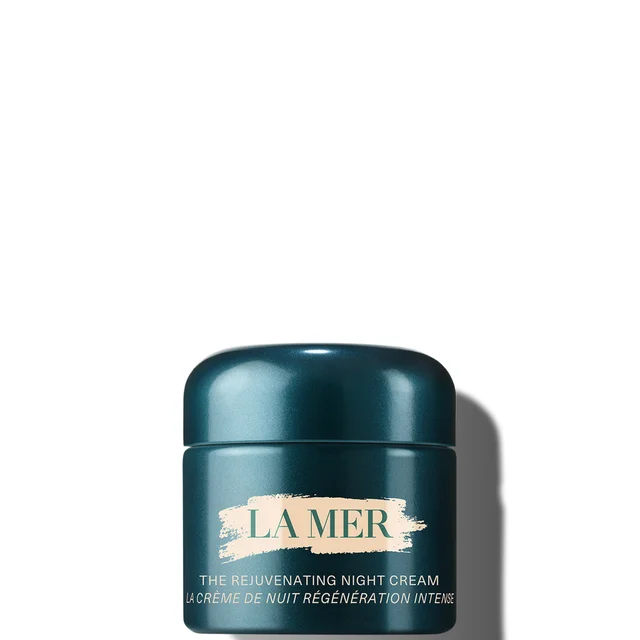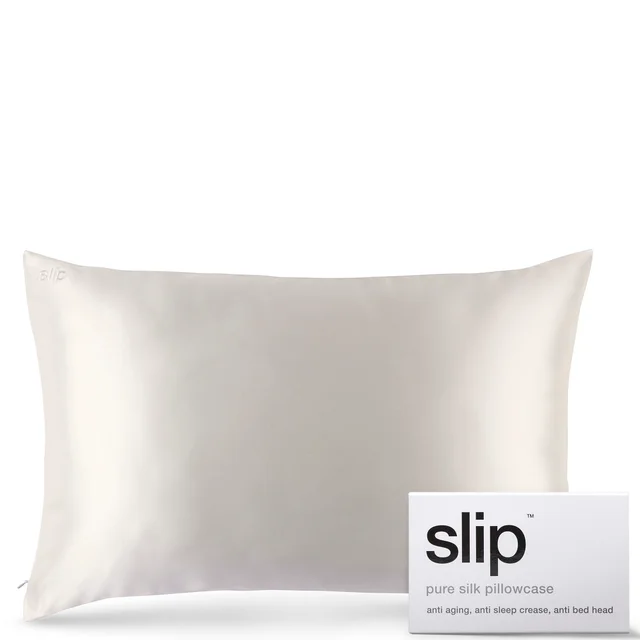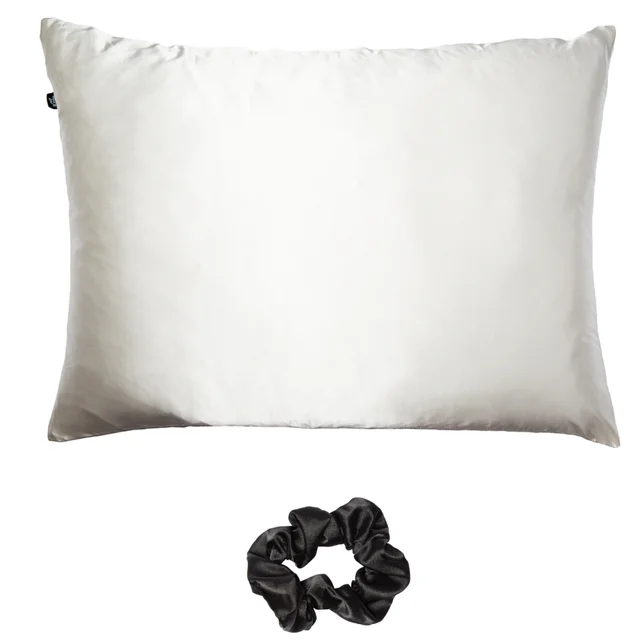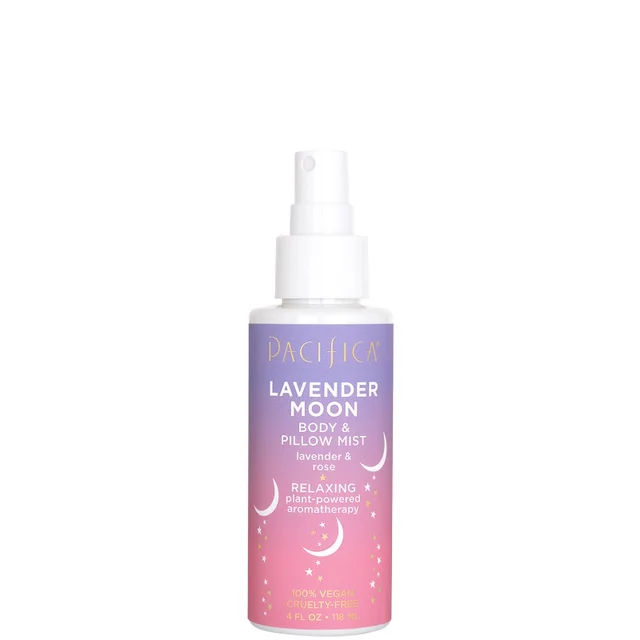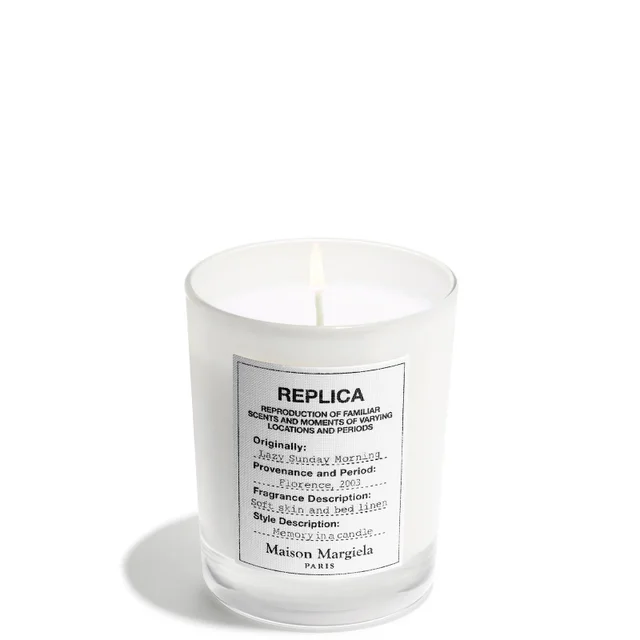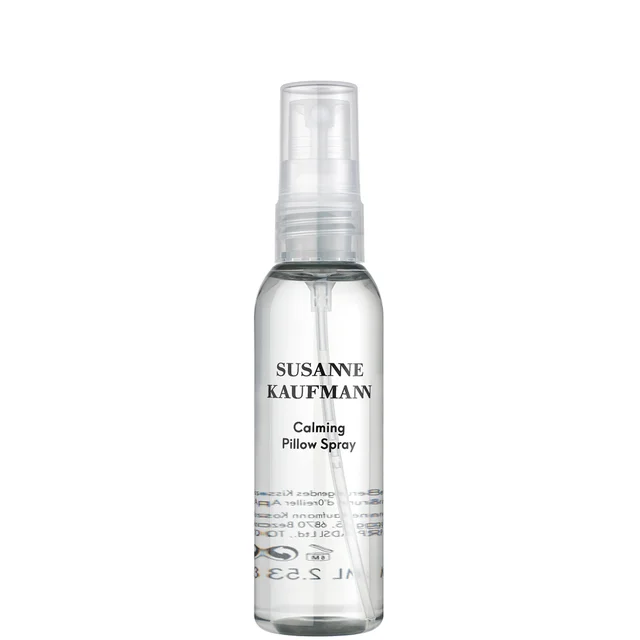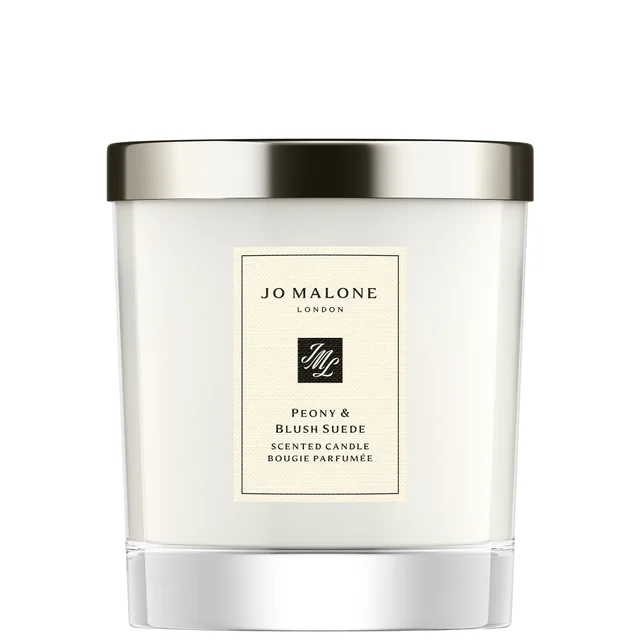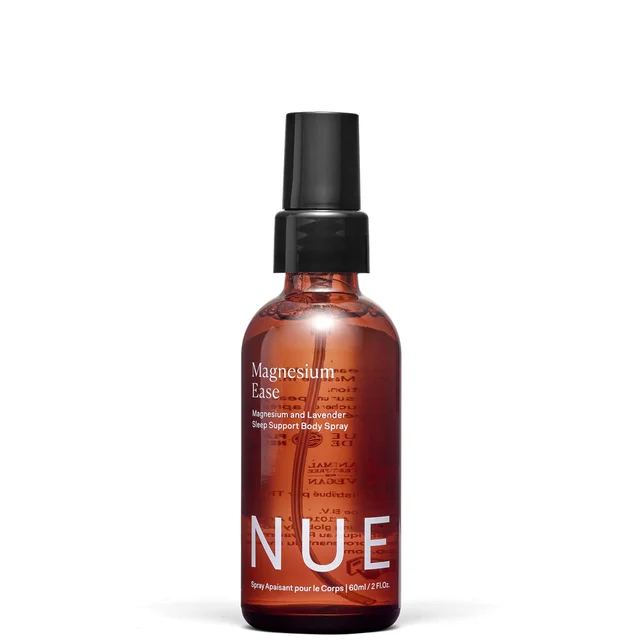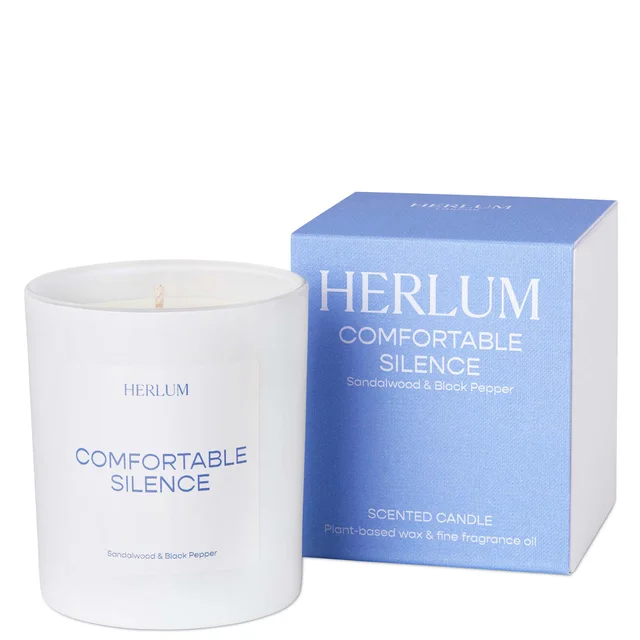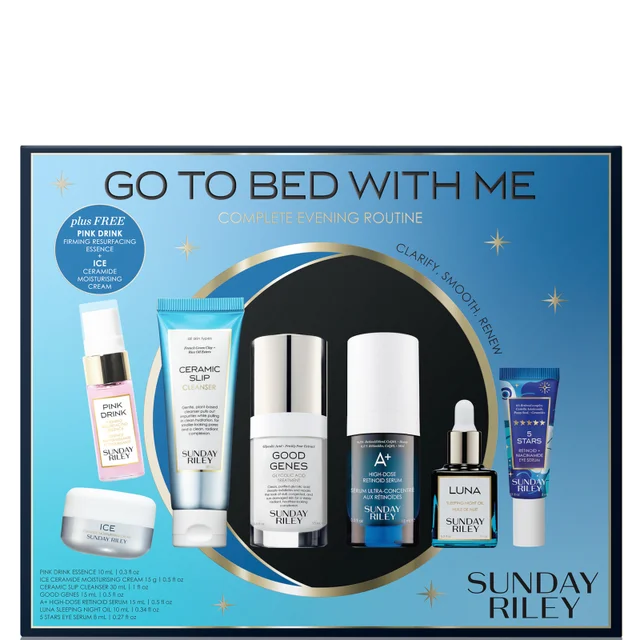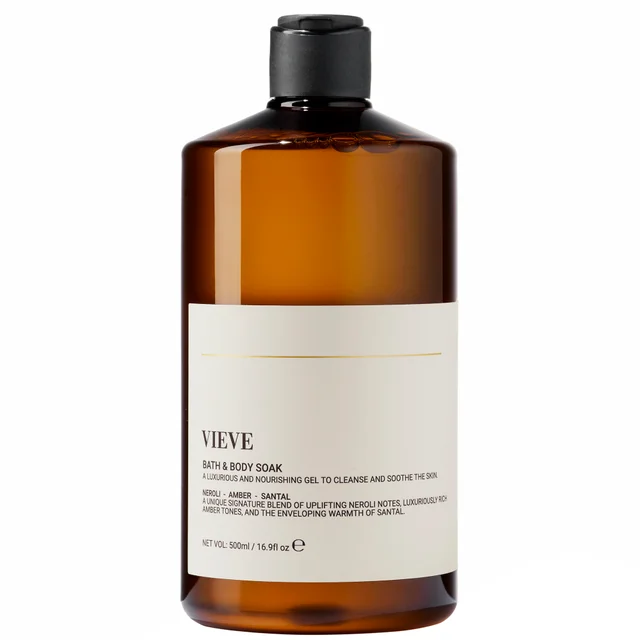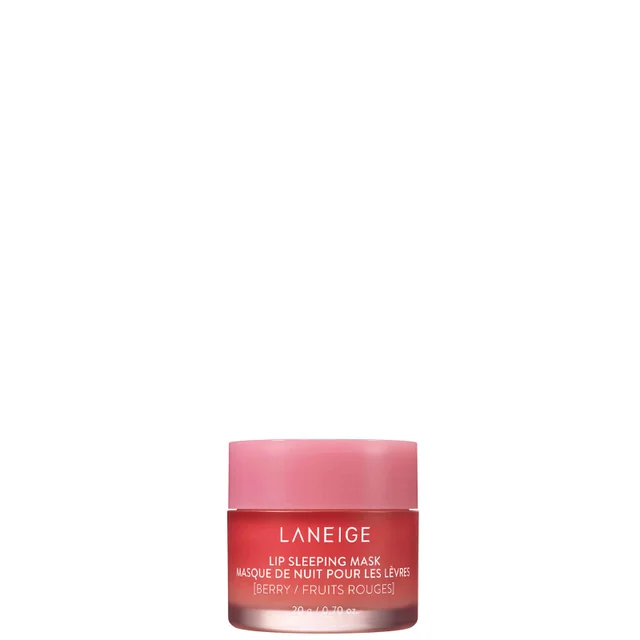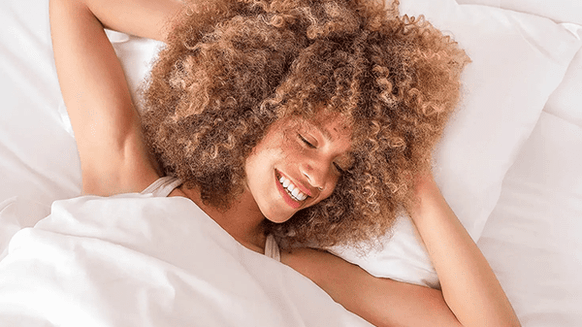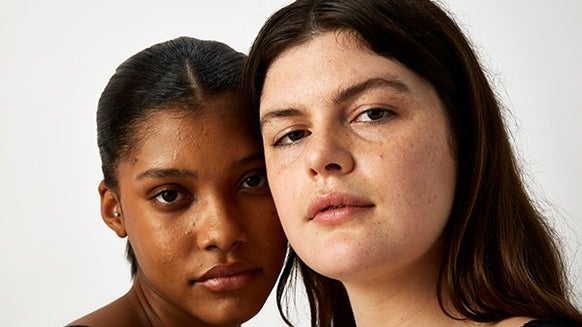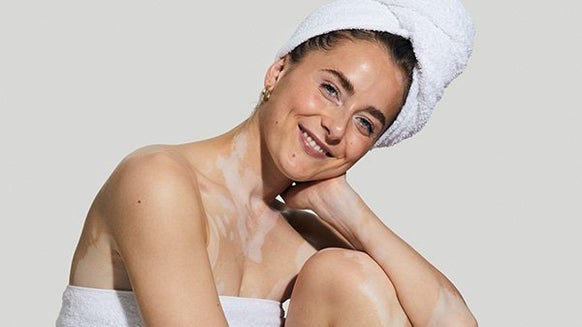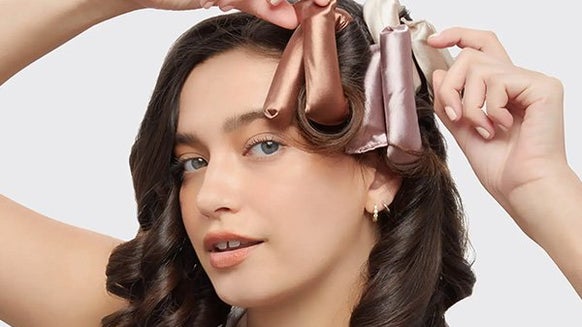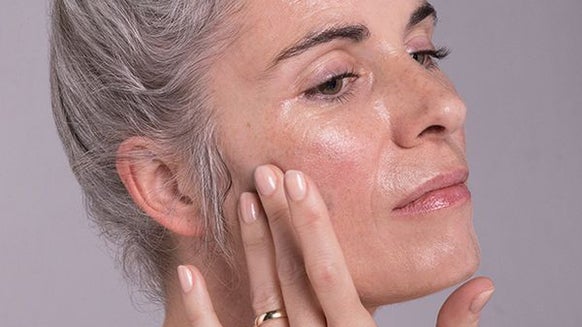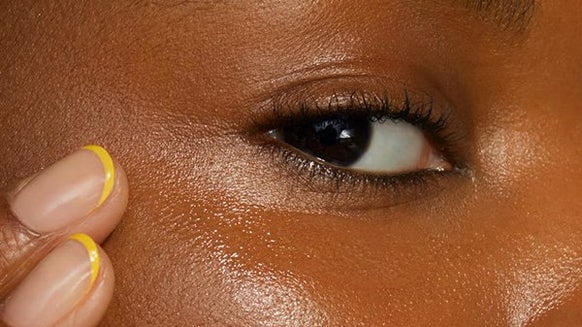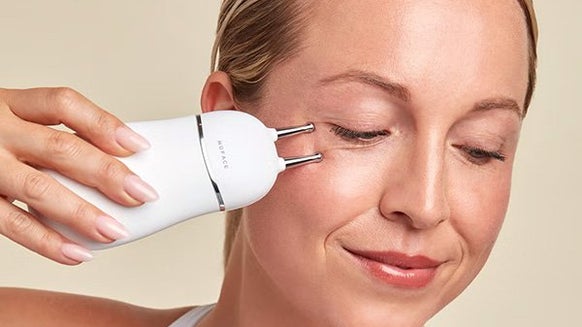While we may be gaining an extra hour in bed – as a result of the clocks going back later this month – it’s important to ensure our typical sleep schedule is not disrupted.
With that in mind, here at Cult Beauty we caught up with Dr Deborah Lee, from Dr Fox Online Pharmacy, to understand the importance of beauty sleep and how we can optimise our slumber ready for the winter months ahead.BUT FIRST, WHAT IS BEAUTY SLEEP
Yes, beauty sleep is a thing! While there are many skin care products, that ensure our complexion stays happy, healthy and hydrated (we’re talking cleansers, serums, moisturisers – just to name a few), one of the biggest beauty secrets is the power of sleep. So much so, that it’s actually when you’re catching Zzz’s that your epidermis works its hardest to recover daily damages and support your protective barrier.
HOW DOES SLEEP AFFECT OUR SKIN
Now we know that beauty sleep is far from a myth, it’s time to understand how sleep can affect our skin’s overall health. According to Nuffield Health, as weslumber the body undergoes various restorative processes, including skin cell regeneration and collagen production. And as collagen is a protein that maintains skin elasticity and reduces the appearance of fine lines, the more we sleep, the more we can prevent premature signs of aging. But that’s not all, shut eye can also reduce the appearance of dark circles and puffiness too.
HOW DOES OUR SLEEP DIFFER IN THE WINTER
“The Sleep Foundation states adults need an extra 1.75 -2.5 hours of sleep during the winter period. This means adults need between 7-10 hours per night. However, sleeping more than 10 hours is not advised, as too much sleep is also harmful to health. However, there is a tendency to sleep longer in the winter as we are forced to get up when it’s still pitch-black outside. Daylight plays a crucial role in waking us up in the mornings. Light stimulates the cells of the suprachiasmatic nucleus (SCN) situated behind the retina. When the SCN senses light, this shuts off the production of the sleep hormone, melatonin, causing us to wake from sleep. But in the winter, the mornings are dark, and as it takes longer for daylight to appear, the natural cessation of melatonin production is delayed, so that’s’ why we can find it harder to wake up” explains Dr Deborah Lee.
But, understanding that most of us can’t just change our wake-up time as we have a specific time to get to work, school or any other daily commitments, Dr Deborah Lee explains “how it might make sense to change our bedtime in the winter and to go to bed earlier.”
DR DEBORAH LEE’S TOP TIPS FOR GETTING IN YOUR BEAUTY SLEEP DURING THE WINTER
ENJOY A WARM BATH BEFORE BED
Taking a warm bath ideally 90 minutes before bed can help you sleep better, especially if the water temperature and timing of the bath are just right. How? We’re glad you asked… Hot water helps to change your body’s core temperature and consequently a drop in temperature helps signal the body that it’s time to sleep.
SHOP ALL BATH OILS, BUBBLES & SOAKS >>>CARRY OUT YOUR PM SKIN CARE ROUTINE
We now know that sleeping helps your skin repair itself through rebuilding collagen. But these benefits can only shine if your skin is clean as you hit the pillow. Your nighttime routine is just as important as washing it in the morning. And if on an odd occasion you’re too tired to carry out your entire regime, a gentle cleanser to remove dirt, make up, and extra oil followed by an overnight cream will do the trick. This ensures your pores aren’t clogged up and quenches your complexion’s thirst as you snooze.
SHOP ALL NIGHTTIME SKIN CARE >>>SWITCH TO A SILK OR SATIN PILLOW
In the same way wearing pyjamas made from natural materials helps you to sleep better, upgrading your bedding with a satin or silk pillow ensures optimal beauty sleep. Not only does the case minimise irritation on your skin and reduce the risk of fine lines come sunrise, but it’s also gentle on strands, preventing breakages and promoting hair growth.
SHOP ALL SATIN & SILK PILLOWCASES >>> FOLLOW A GOOD SLEEP HYGIENE ROUTINE
While your sleep hygiene routine should be completely customisable to suit your personal regime, there are a few non-negotiables. Your wind down session should start two hours before bedtime – this includes avoiding all blue light devices. For optimal Zzz’s switch off your phone (or put it on sleep mode) and place it in a drawer to avoid overnight distractions. Instead of scrolling on your phone in bed, Dr Deborah suggests doing something relaxing before turning out the light such as reading, writing a journal or spritzing your pillow with a sleep mist.
SHOP ALL SLEEP AIDS >>>THE BEST BEAUTY SLEEP PRODUCTS
Elevating your slumber sessions, Cult Beauty’s Satin Pillowcase & Scrunchie Sleep Set shields your skin and strands as you snooze. Dreamt up from (you guessed it) satin, the dynamic duo not only defends against nighttime hair kinks and breakages, but also helps keep your complexion clear too. Oh, and did we mention it comes with a portable drawstring bag? So now you can ensure your 8 hours no matter where you head hits the pillow.
SHOP ALL CULT BEAUTY >>>When it comes to ESPA’s Connection Pillow Mists sweet dreams are just one spritz away! Opening with notes of comforting ylang-ylang, patchouli, sandalwood and jasmine, this self care spray promotes a state of relaxation as you tuck yourself in. All that’s left to do is count the sheep and fall asleep…
SHOP ALL ESPA >>>The only bedtime buddy you need, Sunday Riley’s Go To Bed With Me Complete Evening Routine works hard to transform the appearance of dull, lacklustre skin as you sleep. The result? A radiant complexion come sunrise. Featuring everything from the brand’s signature Ceramic Slip Cleanser which washes away impurities to the Ice Ceramide Moisturising Cream which deeply hydrates, this nighttime saviour has got your PM regime covered.
SHOP ALL SUNDAY RILEY >>>Turn your shower into a sanctuary with VIEVE's Bath & Body Soak. Granting a relaxing wash time, this famed formula works as both a body wash and bubble bath alike. Infused with sandalwood oil, bladderwrack seaweed and minerals form Scottish dulse, this blissful blend nourishes skin while enveloping your body from top-to-toe in the warm scent of santal.
SHOP ALL VIEVE >>>It’s not just your complexion that needs a little TLC as you snooze. Oh no, your pout deserves the same treatment too. Entre: LANEIGE Lip Sleeping Mask. Powered by the bestseller’s Berry Fruit Complex, the nourishing solution coats the lips in a mixture of pomegranate, grape and raspberry juices to condition and maximise hydration from dusk ‘till dawn.
SHOP ALL LANEIGE >>>Now you know how to get your beauty sleep back on track, all that’s left to do is dim the lights, drift off and enjoy the sweetest dreams!
SHOP ALL SLEEP AIDS >>> 